...and human-made, ...Portland, Oregon, has a serious social problem that's been spreading from neighborhood to neighborhood like a fast-moving plague. Homelessness. Over the summer the epidemic arrived in Sunnyside, my sister's Southeast-side neighborhood. When I visited my sister in Portland this past March her neighborhood appeared in no way remarkably different than it ever had. But by the time of my most recent visit during the first few days of September (see posts from 9/4/2016 through 9/8/2016), it was common to see used-up-looking people, young, old, mostly men, mostly white, ambling down the streets alone or in groups, or struggling along on bikes laden with their possessions or pushing shopping carts or stopping with their carts or bikes on the sidewalk, .as did this man in front of Romaine's next-door neighbor's house, ...or in front of local businesses as did these men in front of Zupan's, the beautiful upscale supermarket around the corner from Romaine's house
Zupan's now seems to be a common gathering spot for the new influx of street people. Maybe people have chosen Zupan's as a protest against the affluence it represents - last Sunday there was a group of ragged young men harassing customers as they tried to enter and exit the store - or because it's seen as a good spot for panhandling - panhandlers have taken to entering the store and pursuing the customers - or because of the little cafe tables outside the store, which are now sometimes occupied by homeless people and their possessions. During my visit the tidal wave of homelessness in Portland was a large topic of conversation among my sister and her friends and the neighbors we stopped to talk to during our walks, as well as on the neighborhood news blog. There's been a prevalence of home and car break-ins in the area and thefts to the point that it's now an assumption that anything left unguarded will be stolen, including UPS or mailed packages left on the porch. And my sister never parks her car on any street in Portland anymore without a lock bar on her steering wheel. And human feces on sidewalks and in parks has become a nuisance. Among the reasons I heard my sister and her friends offering for the state of affairs in Portland were: -Rents have gotten so high in Portland that some working people can't afford an apartment anymore and now find themselves in the streets; -Several homeless shelters have closed over the past year; -Portland is a hot spot along the Meth-Heroin Corridor between Mexico and Canada and drugs are more rampant than ever before; -There's been a recent huge influx of young people, hippie-types who are seeking to live the counter-culture life, perhaps inspired by the hit comedy "Portlandia"; -Portland's culture of tolerance; -Too few police officers to patrol the streets or handle non-emergency complaints. But my sister and her friends all agreed that in their opinion the main cause of the public problem that homelessness in Portland has become originated from an ordinance, well-intentioned but ultimately misguided, passed last year by Portland's mayor Charlie Hales, allowing homeless people to pitch tents on the streets and in parks for their own safety. From this ordinance grew: ...and so on, and so forth. A once beautiful walking trail known as the Springwater Corridor had to be closed down to the public for health and safety reasons. Last month apparently the mayor revoked the ordinance and the city has gotten to work clearing out the homeless camps that have cropped up on city streets and in parks. But the problem remains that now whenever a homeless camp is cleared out of one neighborhood it pops up in another. This is how the problem arrived in my sister's neighborhood. When the massive homeless camp was cleared out from he Springwater Corridor, another one sprung up soon after in Laurelhurst Park, a lovely park one block from my sister's street. The week before I arrived in Portland the city swept the homeless camp from Laurelhurst Park, but the proliferation of a street population endures in Sunnyside and across the city generally.
Beautiful Portland, you have a problem.
1 Comment
2/16/2020 11:44:45 pm
These bicycles are not obsessed with reducing the time on the route so they do not care about the weight
Reply
Leave a Reply. |
"Tropical Depression"
by Patti Liszkay Buy it on Amazon: https://www.amazon.com/dp/B0BTPN7NYY "Equal And Opposite Reactions"
by Patti Liszkay Buy it on Amazon: http://amzn.to/2xvcgRa or from The Book Loft of German Village, Columbus, Ohio Or check it out at the Columbus Metropolitan Library
Archives
July 2024
I am a traveler just visiting this planet and reporting various and sundry observations,
hopefully of interest to my fellow travelers. Categories |



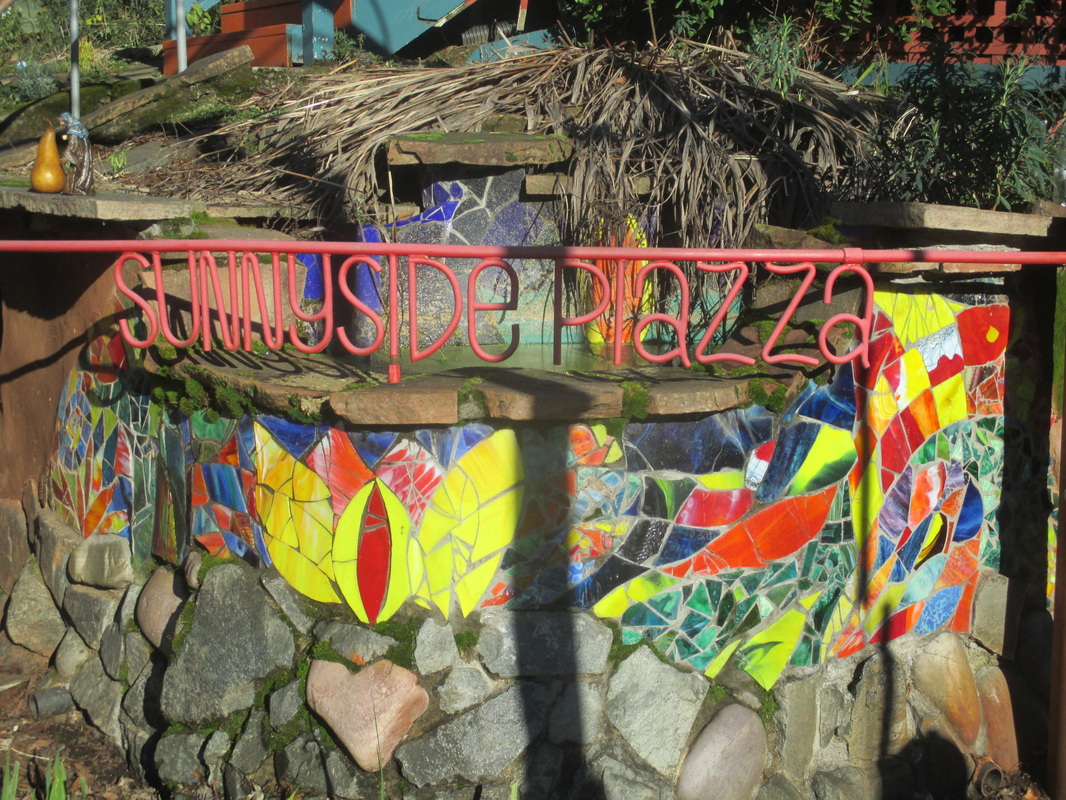




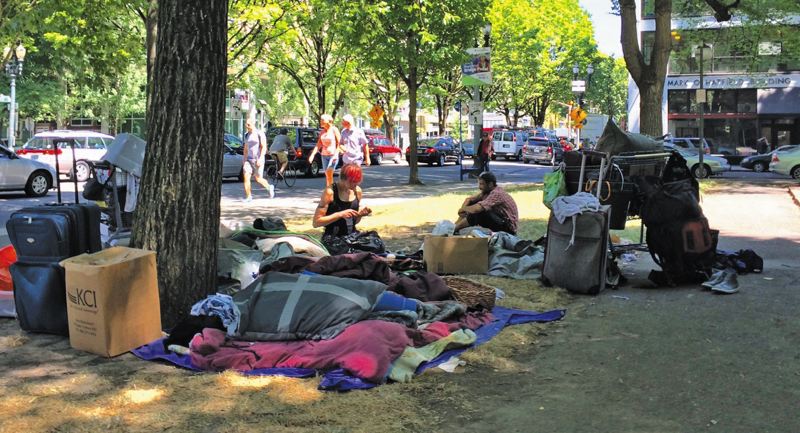


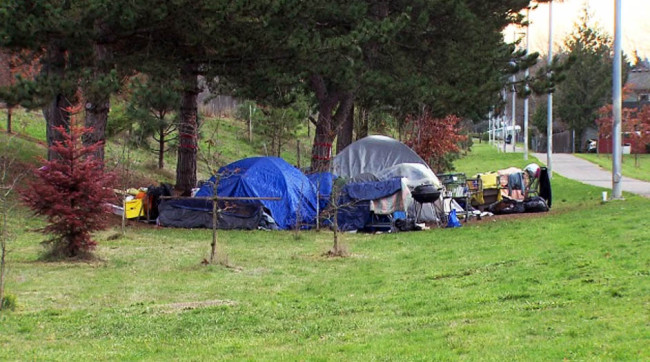
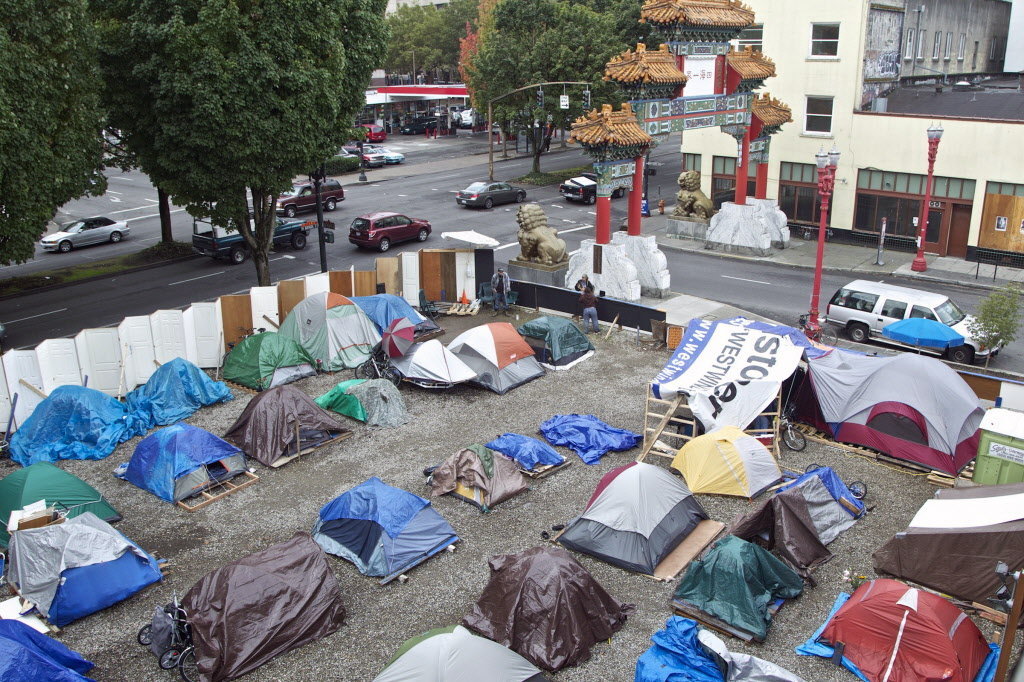
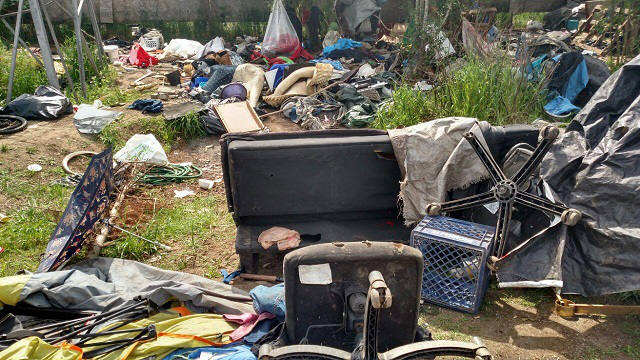
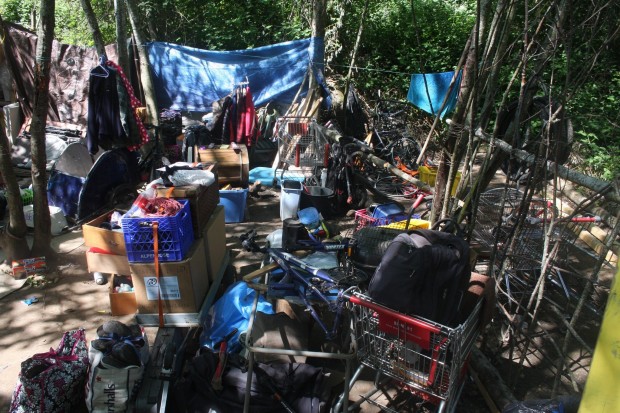
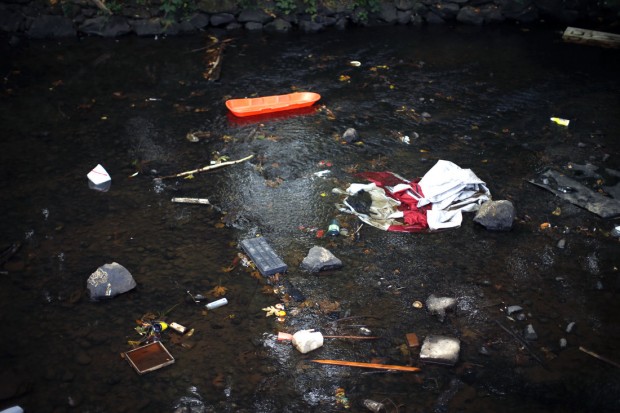
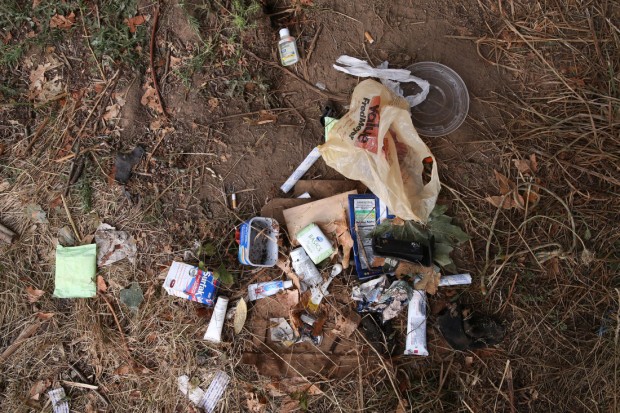



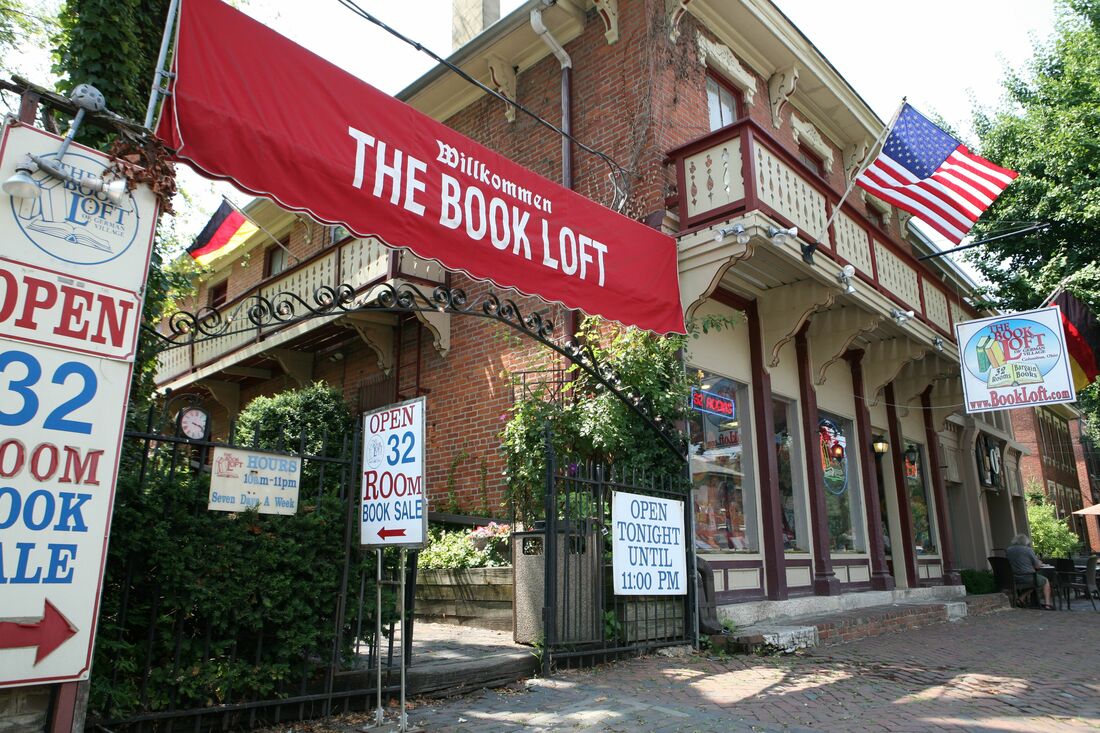

 RSS Feed
RSS Feed